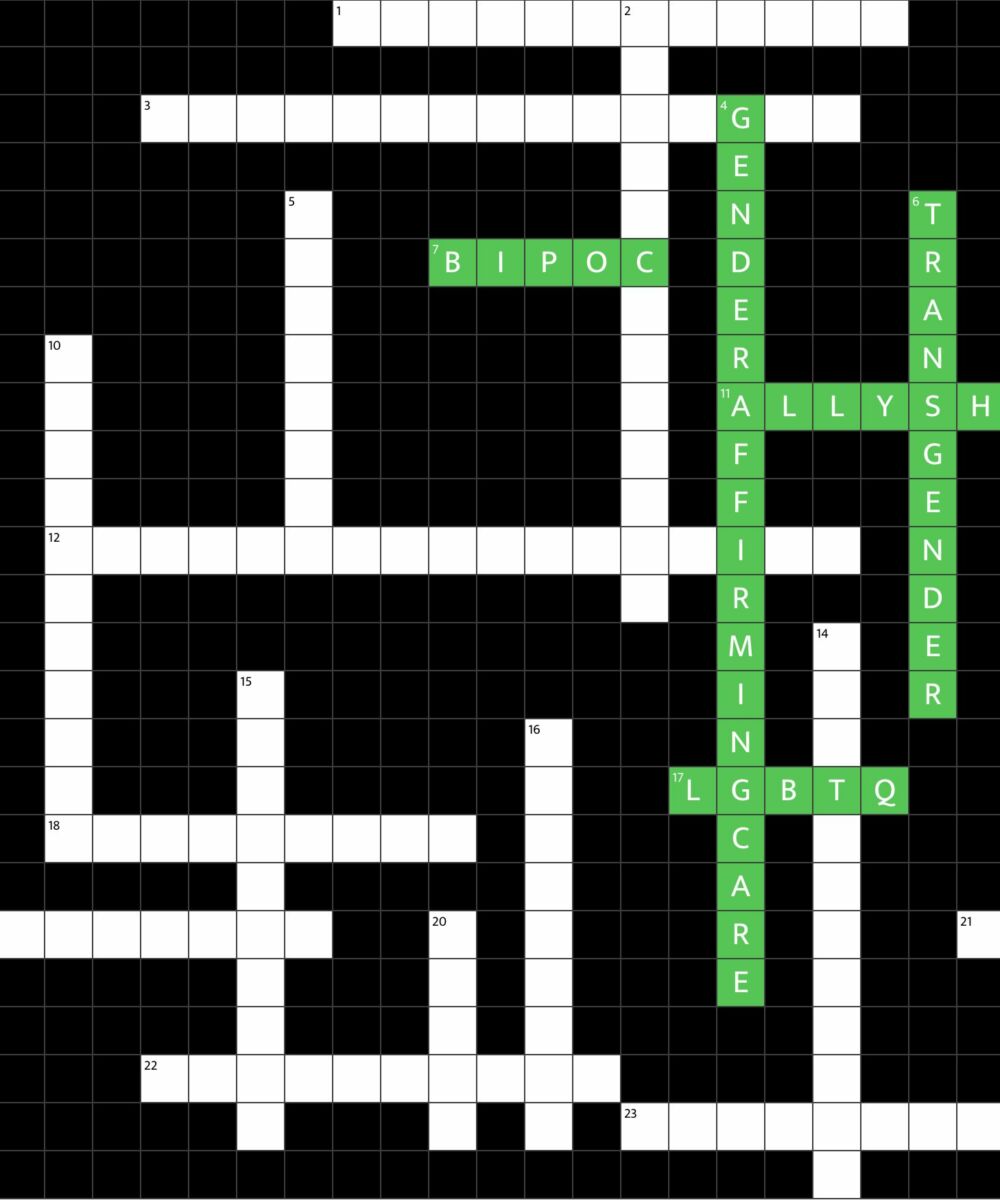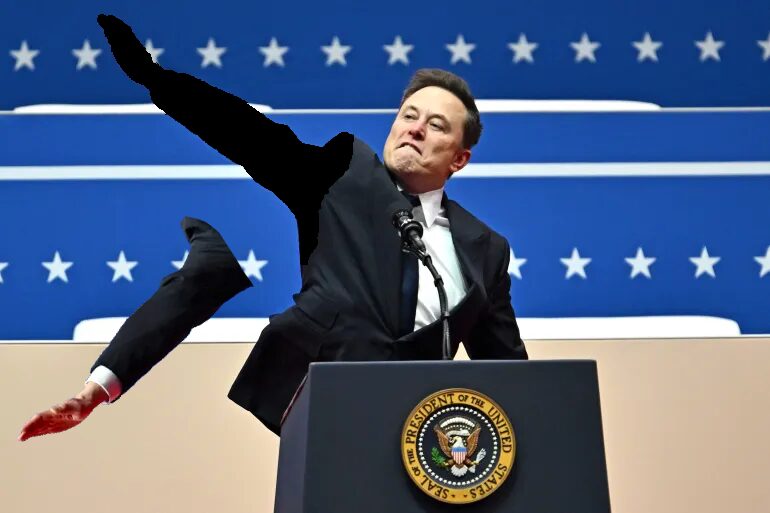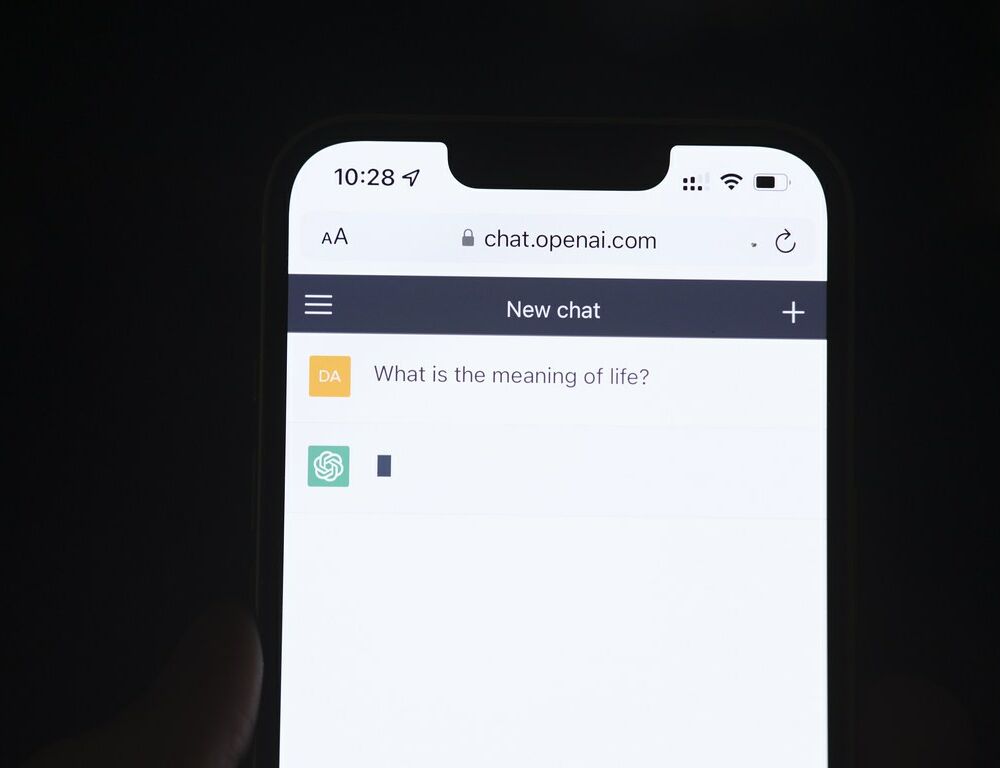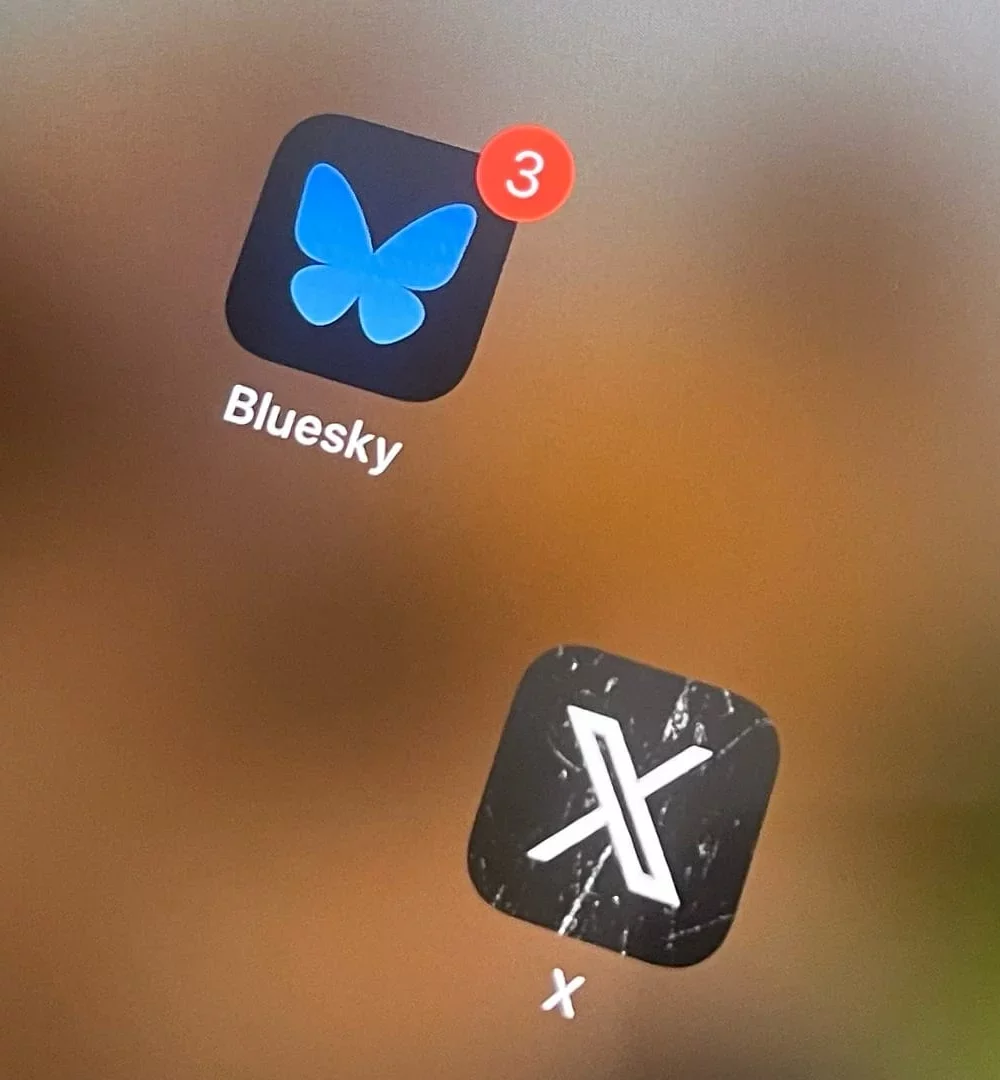The End of Fact-Checking: Meta Embraces Musk’s Model Balancing Free Speech and the Risk of Misinformation
by Niccolò Carradori
Redazione THE BUNKER MAGAZINE
Last Tuesday, Mark Zuckerberg, CEO of Meta, announced the end of the fact-checking programme on Facebook and Instagram. In its place, he stated, a system of “Community Notes” will be introduced, already trialled on X (formerly Twitter) under Elon Musk’s leadership. This decision, currently limited to the United States, has immediately drawn praise from Donald Trump and his entourage, marking what many observers view as a significant ideological realignment between Meta and the newly elected American president.
In a video released on social media, Zuckerberg explained that the fact-checking programme – active since 2016 and based on partnerships with independent third-party organisations – had ultimately failed, becoming “too politically biased” and creating more distrust than it ever mitigated. “It’s time to return to our roots: free speech,” declared the CEO, suggesting that the new policies represent a necessary compromise to reduce censorship and limit mistakes in content removal. However, he admitted that there will be more “negative things” on the platforms – an unavoidable price to pay, he argued, for upholding the sacred principle of free speech.
To understand the significance of this choice, it’s worth revisiting the context. In 2016, following Donald Trump’s election victory, Meta (then still Facebook) faced heavy criticism for allegedly fostering misinformation, amplifying manipulative content, conspiracy theories, and campaigns orchestrated by foreign actors. To respond to this crisis of credibility, Zuckerberg introduced the fact-checking programme: a network of partnerships with journalistic organisations and independent fact-checkers tasked with assessing and flagging potentially false or misleading content. This marked the beginning of an era where digital platforms, traditionally reluctant to intervene in user content, started being perceived as arbiters of public discourse.
But that era now appears to be over. By deciding to abolish fact-checking, Meta aligns itself not only with Trumpian demands but also with the model already adopted by Musk on X, where content moderation relies on collaborative notes written by users. While this system invokes the idea of a utopian collective intelligence, it has largely proven ineffective in curbing misinformation, instead allowing toxic content to proliferate. Analysts are concerned that this shift could open the floodgates to a new cycle of polarisation and radicalisation in online public discourse.

The timing of this announcement is not seen as coincidental by American analysts. With Trump’s imminent return to the White House, Zuckerberg seems intent on mending ties with the Republican administration, which were strained after the suspension of Trump’s social media accounts following the 6 January 2021 Capitol riots. It’s no surprise, then, that Meta has chosen this direction now, at a time when the American political climate increasingly favours an expansive interpretation of free speech, often at the expense of efforts to combat misinformation and online hate.
The implications of this decision extend beyond the United States. While the new policies will not, for now, be applied in Europe – where regulations like the Digital Services Act impose stricter standards on digital platforms – Zuckerberg’s announcement still sends a strong message: the era of moderation as a core principle of social networks may already be over. The CEO’s remarks against Europe, accusing it of institutionalising censorship through suffocating regulations, suggest growing tensions between the two sides of the Atlantic regarding how to manage the power of big tech.
Yet, despite the rhetoric about free speech, critics see this move as profoundly political. The recent appointment of figures close to the Republican Party within Meta’s ranks, such as Joel Kaplan and Dana White, reinforces the idea that Zuckerberg is forging a strategic alliance with the American right. This strategy also reflects Zuckerberg’s personal trajectory, as he increasingly aligns himself with conservative circles, weary of regulatory pressures and criticism during the Biden administration.
What lies ahead? Could eliminating fact-checking genuinely lead to greater freedom of expression, as Zuckerberg claims, or is it more likely to result in further erosion of trust in digital platforms? Who will ensure that the “Community Notes” system does not become fertile ground for organised manipulation? And, most importantly, what responsibilities will platforms assume when the consequences of unchecked discourse manifest in the real world, through violence, pandemic misinformation, or challenges to democratic institutions?
The abolition of fact-checking is not just an operational decision; it is an ideological manifesto that redefines the role of platforms in the 21st century. But while Zuckerberg celebrates a return to “freedom of expression,” it remains to be seen what the cost of this choice will be – for the platforms themselves and for society at large. After all, the crucial question is this: how much does freedom really cost when it knows no bounds?
Niccolò Carradori
He studied psychology and joined VICE Italia in 2013 as an editor and staff writer, where he remained until the magazine closed. Over the years he has also written for Esquire, Rolling Stone, GQ and Ultimo Uomo. Since October 2024 he has joined the editorial staff of The Bunker.





















